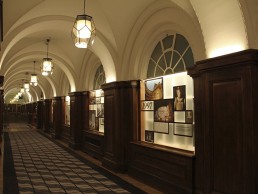
Southbank Place residential, UK
In preparation for the opening of Southbank’s newest residential development, DesignPlusLight worked with Goddard Littlefair to produce a high-end, luxury lighting scheme for the Grade II listed marketing suite in the Country Hall building, communicating the quality of the final development.
Southbank Place is London’s newest exciting riverside development by Canary Wharf Group and Qatari Diar Real Estate Investment Company. Scheduled for completion in 2019, it combines architectural excellence with an iconic setting to create some of the most sophisticated homes on offer in central London. The mix-use development is situated opposite the London Eye, with exceptional views across the river Thames to Whitehall.
DesignPlusLight (DPL) worked in conjunction with interior designer Goddard Littlefair to light the rooms of the Grade II listed marketing suite in the County Hall building, adjacent to Westminster bridge, in the former private offices of the GLC and the headquarters for The Diana, Princess of Wales Memorial Fund.
Steeped in British history, DPL was briefed by interior designers Goddard Littlefair to design a bespoke architectural lighting scheme with the level of luxury and finesse that would instantly communicate the quality of the finishes in the final development.
DPL created a high end, luxury lighting scheme to enhance the journey and seamlessly connect the entrance reception, through to the meeting rooms, display pods and finally into the sample suites. The heritage-listed building was brought back to its original state and new features were added that would seamlessly integrate with the historic fabric of the building.
“Our whole design ethos is to create layers of light that collectively enhance the perception of space and communicate an instant feel of exclusivity,” said DPL Project Director Sanjit Bahra. “Good lighting should always complement, but never take precedence over the interior design. We were extremely mindful of the heritage elements of the building from the outset, and this proved to be one of the most challenging aspects of the project. By working closely with the site engineers and design team, we were able to find creative solutions to illuminate each space.”
DPL stressed the importance of using an architectural lighting control system on the entire project so that all the lighting elements could be carefully balanced to create mood settings. Given the nature of the building installing mood lighting was a challenge as not all of the cable routes in such an old building were known. DPL proposed a wireless control system by Rako Lighting that enabled the existing wiring to be utilised and expanded upon to create multiple circuits within each room.
Lighting was integrated into joinery pieces to bring layers of light into each space. Careful attention was made to keep each element unique to enhance the journey through the marketing suite. As artwork was a passion for the client, the joinery elements created the perfect lighting display opportunity.
Goddard Littlefair refurbished the entrance reception to give immediate sparkle and glamour to the space, with existing ceiling points reused and the fluorescent bulkheads replaced with bespoke decorative chandeliers, which were specially designed by the interior design company with advice from DPL.
A new reception desk was designed with vertical lines of LED light carefully detailed within the metal folds, offering a glimpse of the structure within, while discrete surface spotlights concealed within the ceiling coffers provide a focus onto the stone fireplace and clock. The window treatments of sheers and curtains were highlighted with a halo of light emanating from the head of the pelmet, softly lighting the display plinths below.
In the stairwell, a bespoke 6m crystal chandelier from Preciosa Lighting, designed and commissioned by Goddard Littlefair, emphatically draws the visitor up towards the first floor, while sixteen interlinking rings of light, supported from five storeys above, cascade down the central stairwell, sparking and shimmering as guests ascend. The existing fluorescent landing bulkheads were covered with parchment shades to soften their appearance and to provide a warm domestic like light.
DPL created a sense of arrival on the first floor landing by up-lighting the arch reveal above the door header and illuminating specialist eglomisée panels either side. These reflected the light from the chandelier to provide further sparkle.
On arrival, visitors are taken into the reception room where they are welcomed and shown brochures of the development. A stunning chandelier anchors the visual attention to the centre whilst custom designed cabinet pieces frame the four corners of the room. These have a multi-purpose function, serving both as display pieces as well as housing the heating and air-conditioning mechanics required for the space. DPL worked closely with the interior designer to integrate a flush line of light to frame each cabinet. Individual display recesses were lit with under shelf lights. LED up-lights were concealed in the top of the cabinets to provide reflected light into the space. Subsequently only a few surface spots were required to light key artwork pieces.
“The central chandelier should never provide more than a decorative glow, so it’s particularly important, in listed buildings, to consider how to bring light into the space,” commented Bahra.
A boardroom features a stunning custom created black raindrop chandelier by Tom Dixon, which hangs down from the ceiling with the perfect balance in tandem with the bespoke joinery pieces. The showroom also features two closing rooms to represent the height of luxury and finesse within the new residential project. Both rooms feature custom designed chandeliers with surface spotlights carefully concealed adjacent to the chandelier rose to light the fireplace and artwork. Smaller cabinets were designed as drinks cabinets, beautifully lit with concealed LED strip lights that provide a warm reflected light into the space.
The second closing room is the grandest room in the suite and serves as a representation of the later phase of the development. The high bay window offers a magnificent aspect of Big Ben and is perfectly framed with curtains, softly lit with LED strip-lights concealed behind the pelmet. Plug-in up lights illuminate the fireplace surround whilst the occasional surface spotlight illuminates key artwork pieces.
An integrated corridor links the U-shaped 1,207sq.m suite rooms. The original timber panelling within the corridor was removed and meticulously restored, giving DPL the ideal opportunity to bring cables up the walls without damaging the fabric of the building. LED striplights were concealed to the top of the pilasters to up-light the vaulted arches and create a sense of rhythm along each corridor. At each junction, mini LED spotlights were concealed behind specially made plaster mouldings to highlight the cross vaults and punctuate the end of each corridor. The existing fluorescent pendants that were once the sole form of lighting within the space were replaced with decorative glass and parchment lanterns. These could not be dimmed, as they were the emergency lights to the space, so DPL recommended low energy LED candle lamps that enhance the room with a soft glow.
A series of exhibition rooms overlook the Thames, where potential buyers can view the individual elements of the development with scale models and information panels.DPL’s work with Goddard Littlefair works to give potential clients an idea of what the final residential project will encompass. The lighting ighting approach was kept consistent to ensure a sense of continuity across the exhibition space.



